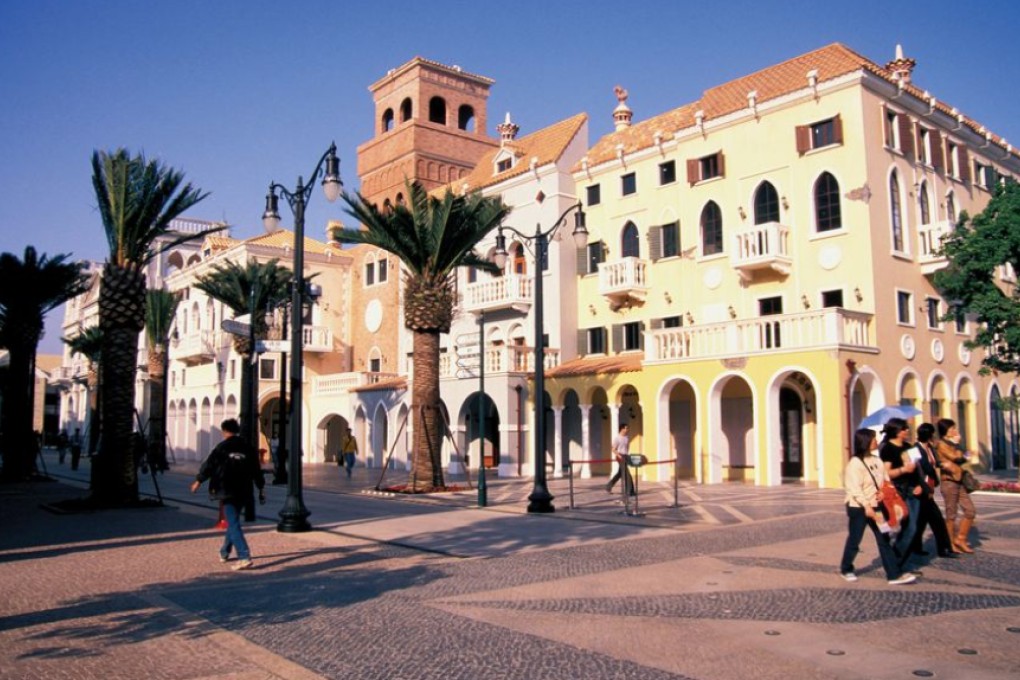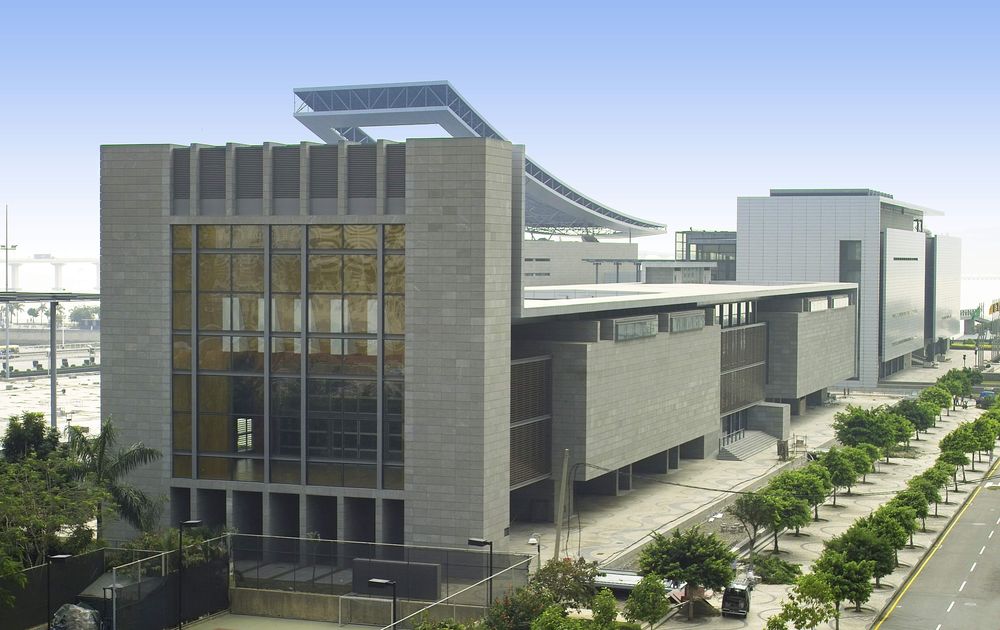Macau’s handover site evolves into cultural and entertainment centre
Museums, hotels and Fisherman’s Wharf theme park rise around the Outer Harbour site of the 1999 ceremony passing the territory from Portugal to China

More than four centuries after the Portuguese settled in Macau in 1557, the enclave was returned to Chinese administration on December 20, 1999. But why was that particular date chosen for the handover?
Unlike the British, who enjoyed full sovereignty over Hong Kong until the handover in 1997, the Portuguese had acknowledged Chinese sovereignty over Macau decades earlier. They were the administrators, but not the sovereign power.
Portugal had, in fact, tried to hand the territory back to China twice - first in 1967 following riots during the Cultural Revolution, which spilled over into Macau, and again after the 1974 military revolution in Portugal, which led to the decolonisation of the country's five colonies in Africa and its disastrous withdrawal from East Timor. But on both occasions, China asked Portugal to stay on as administrators of the enclave.
During negotiations between the two countries on Macau's future, the Portuguese tried to convince the Chinese to let them remain as administrators for another half-century. The Portuguese were hoping Beijing would allow them to continue administering until 2057, in order to end their tenure at an even 500 years. China was adamant, however, that Portugal be out of Macau before the new millennium.
Because they had to give up Macau before the end of 1999, the Portuguese decided to complete the handover before Christmas so that administrators and their families could return home in time to celebrate their country’s most important holiday. So a solemn ceremony was held at a temporary venue on the shores of the Outer Harbour on the evening of December 20.
Minutes before midnight, Portugal’s flag was lowered to the strains of Heroes of the Sea, the Portuguese national anthem. At the stroke of midnight, China’s flag was raised while March of the Volunteers, the Chinese national anthem, played.

The ceremony site has since become a cultural destination. The Handover Gifts Museum of Macao was built there a few years later, featuring two exhibition halls. The first showcases local culture and the history of Macau. The second displays the gifts presented to Macau in celebration of the handover by the State Council of The People’s Republic of China, various Chinese provinces, municipalities and autonomous regions, and the Hong Kong Special Administrative Region.